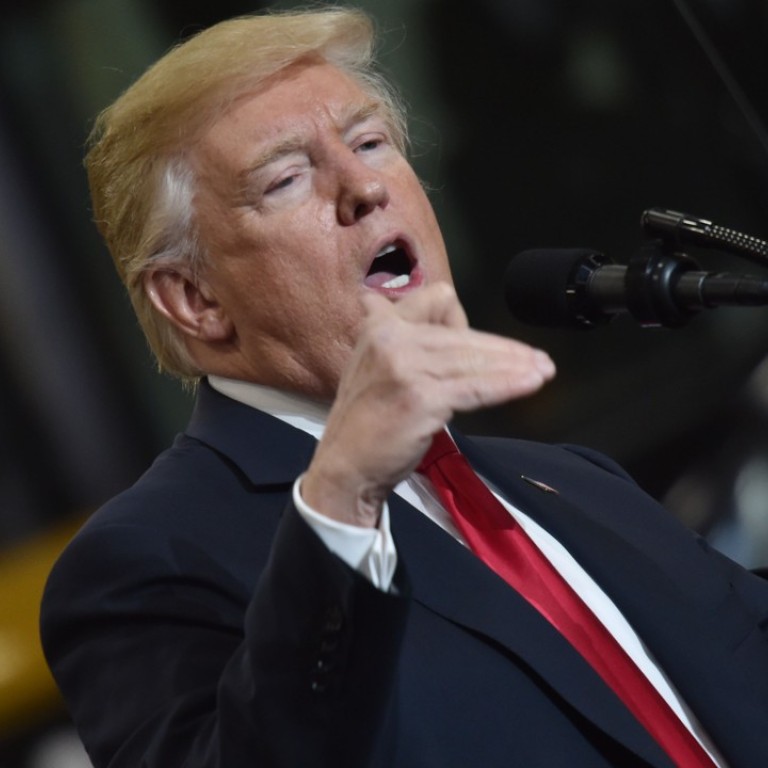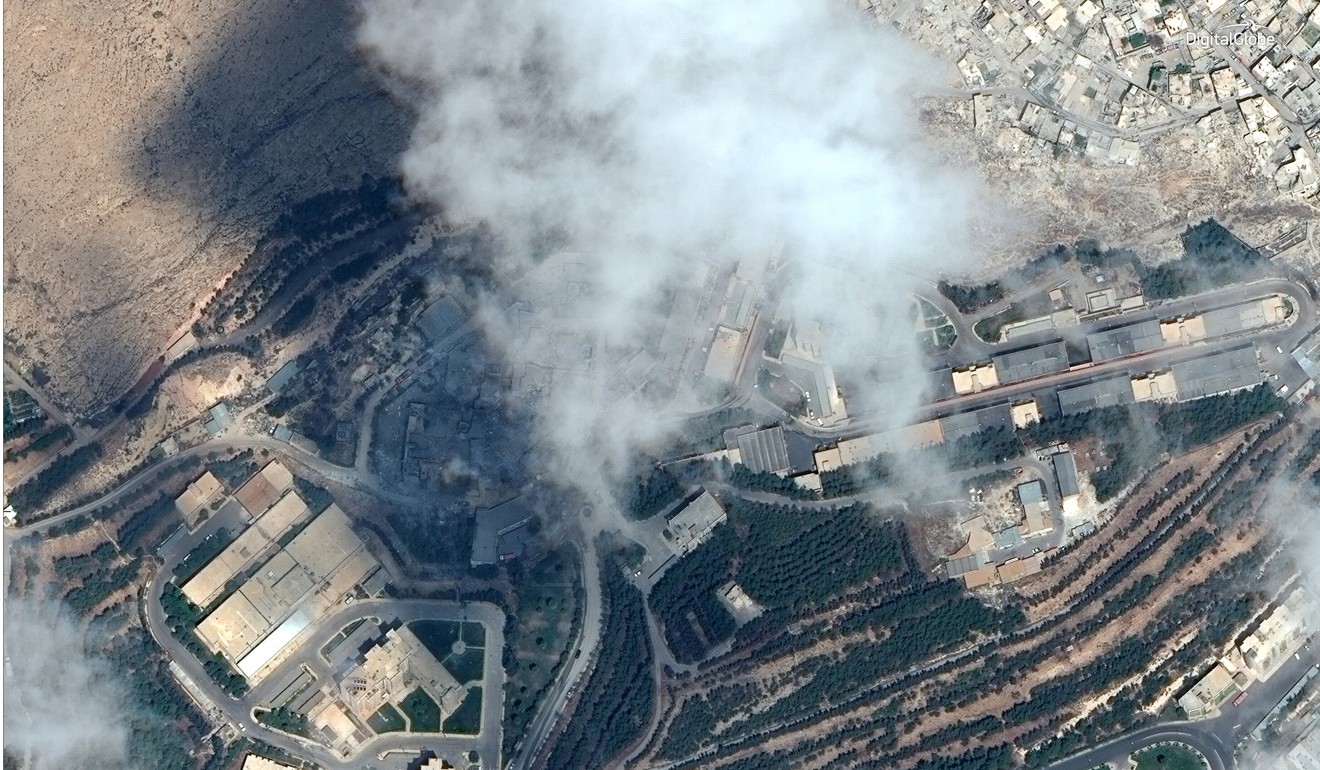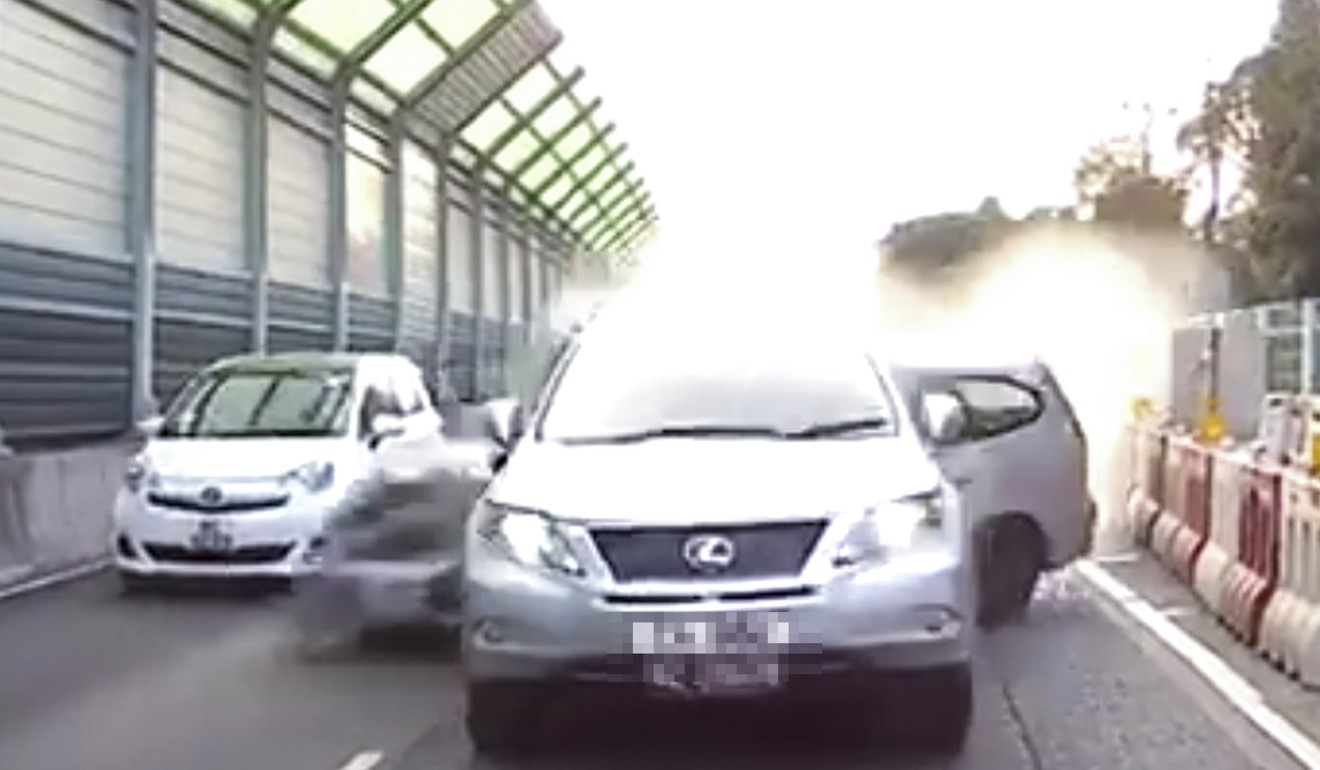
Why Hong Kong-style fake news is the real deal
For a long time this city has been a pioneer of incidents seemingly so bizarre that they cannot possibly be true – but they generally are. And long may it continue, writes Niall Fraser
Love it or hate it, the expression “fake news” will probably come to define the age of unprecedented change we find ourselves slap bang in the middle of. I’ve never really understood what it means, in my book it’s either news or it’s not.
Spark up your smartphone, turn on the goggle box or, if you are old school, pick up a newspaper, and before you can say Grim Reaper, a headline, a tweet or social media meme sets the tone for a daily diet of doom and gloom.

New strikes: Syria ‘shoots down’ missiles over military airbases
While Hong Kong can often seem a tad detached from the rest of the world and be prone – understandably – to unhealthy amounts of navel gazing, I have reached the conclusion after reviewing a body of anecdotal evidence gathered over 25 years, that this city pioneered real “fake news” a long time ago and continues to peddle it to this day.
Fake news Hong Kong-style goes like this: every so often a story, event or incident happens which is so bizarre, so downright bonkers, that the only reasonable first reaction is that it cannot possibly be true. It must – in the purest sense of the word – be “fake”, so outlandish and unbelievable are both the facts and the narrative.
But it is not, it is true, and that is where the fun begins, allowing us to park our concerns that the end may be nigh, for a while at least.

Cue chaos, death and injury and a row which reached right to the top of the police force over whether officers should have the authority to commandeer members of the public and their vehicles in their crime-fighting pursuits.
Motorist in police ‘human shield’ accident says he feels ‘wronged’ by prosecution notice
Enough has been said on both sides of the argument already, so I won’t being going into the rights and wrongs of the matter. But “human shield-gate” is just the latest in a long, long line of “only in Hong Kong” stories to capture the public imagination.
Of course, it wasn’t the first time a high-speed chase had descended into a Keystone cop-like farce.
If you think “human shield-gate” is bonkers, try this for size. Last week, a senior police officer in the Organised Crime and Triad Bureau made a brief appearance in court. He is accused of accepting “sexual services” and “cash” from nightclubs in return for favourable treatment.
He is one of a very small but notable number of officers who have been accused of such offences over the years but it reminded me of a weighty paper prepared for the Legislative Council by the Security Bureau a few years ago which laid out the arguments for police officers being allowed to receive “masturbation services” from sex workers during undercover investigations in brothels.
Fake news, you better not believe it. The list goes on and let us hope Hong Kong continues the fine tradition and retains its rightful place as the pioneer of the expression which will define our age.

